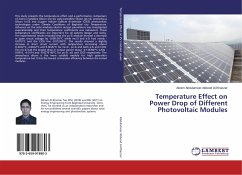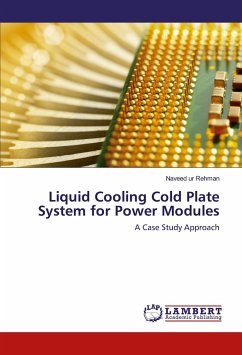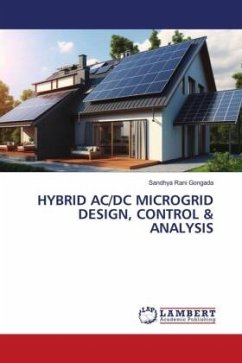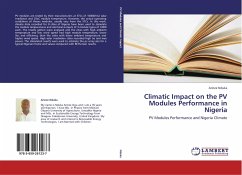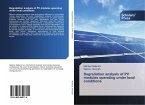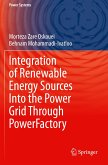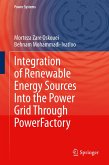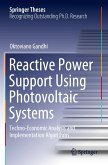This study presents the temperature effect and a performance comparison of mono-crystalline Silicon (mc-Si), poly-crystalline Silicon (pc-Si), amorphous Silicon (a-Si) and Cupper Indium Gallium di-selenide (CIGS) photovoltaic technologies under Climate Conditions of Baghdad city. Temperature influence on the solar modules electric output parameters was investigated experimentally and their temperature coefficients was calculated. These temperature coefficients are important for all systems design and sizing. The experimental results revealed that the pc-Si module showed a decrease in open circuit voltage by -0.0912V/ºC while mc-Si and a-Si had nearly -0.07V/ºC and the CIGS has -0.0123V/ºC. The results showed a slightly increase in short circuit current with temperature increasing about 0.3mA/ºC ,4.4mA/ºC and 0.9mA/ºC for mc-Si , pc-Si and both a-Si and CIGS. The mc-Si had the largest drop in output power about -0.1353W/ºC while -0.0915, -0.0114 and -0.0276 W/ºC for pc-Si, aSi andCIGS respectively. The amorphous silicon is the more suitable module for high operation temperature but it has the lowest conversion efficiency between the tested modules.
Bitte wählen Sie Ihr Anliegen aus.
Rechnungen
Retourenschein anfordern
Bestellstatus
Storno

